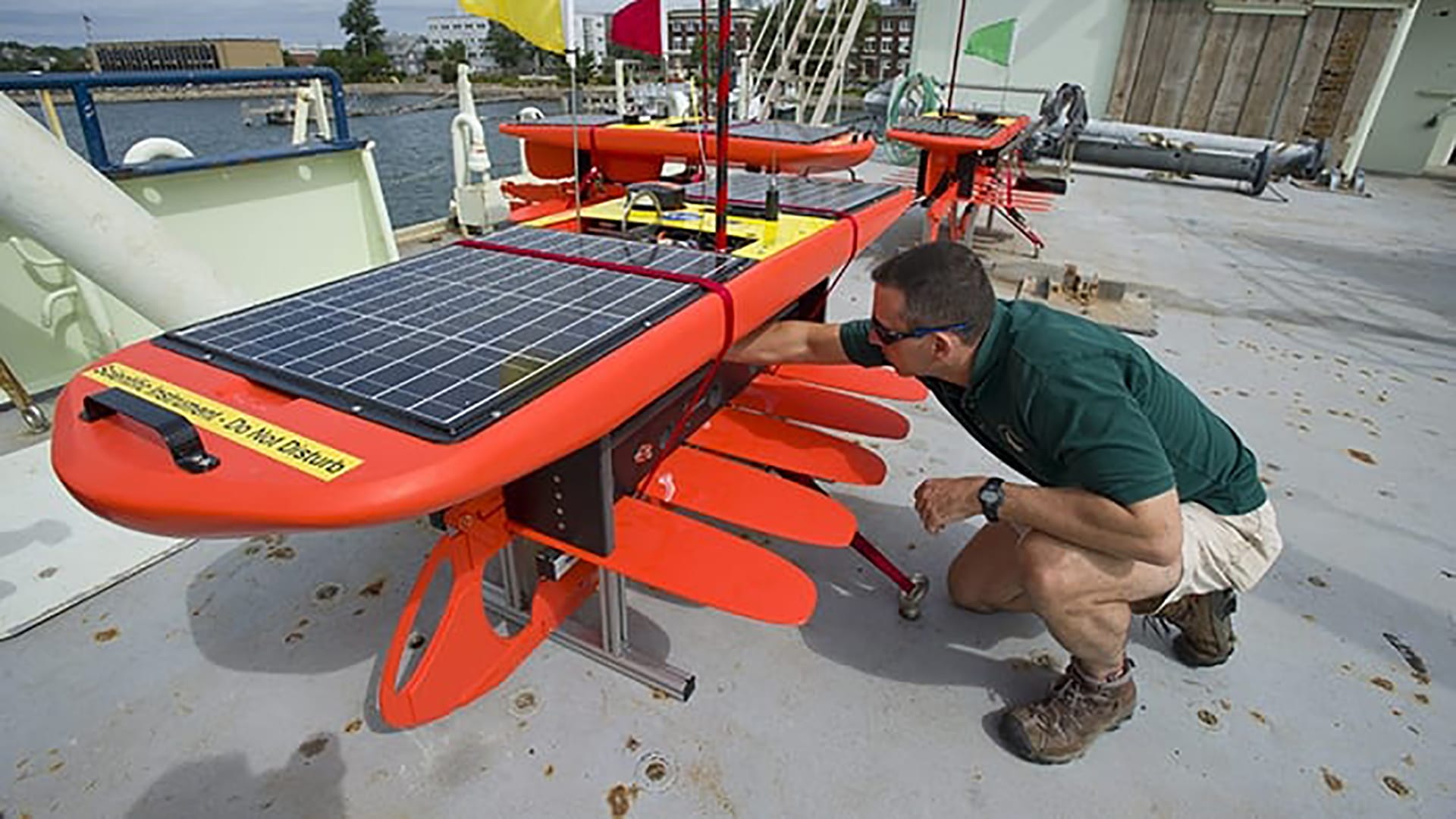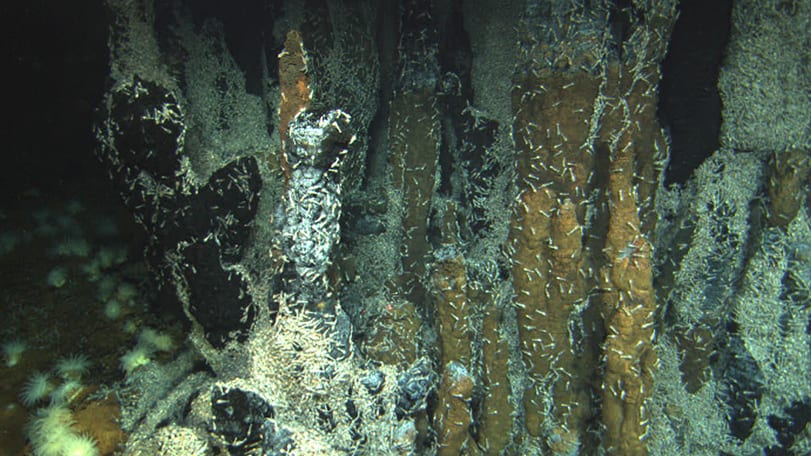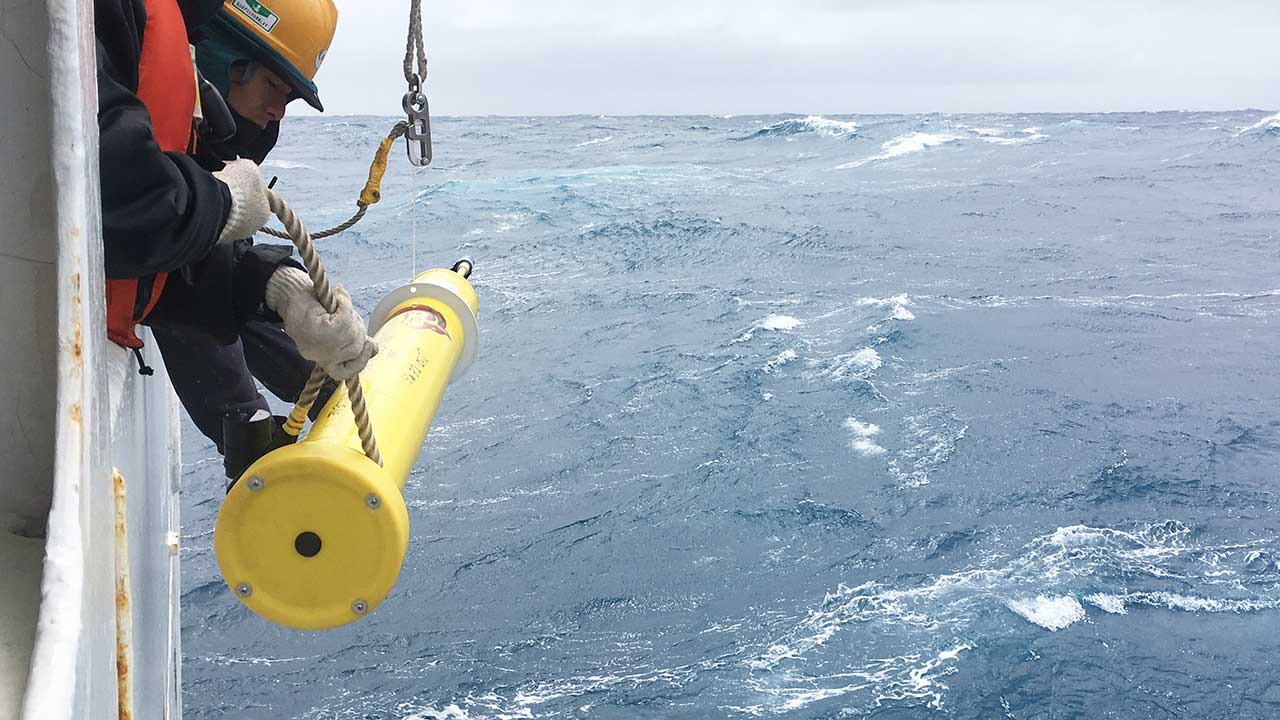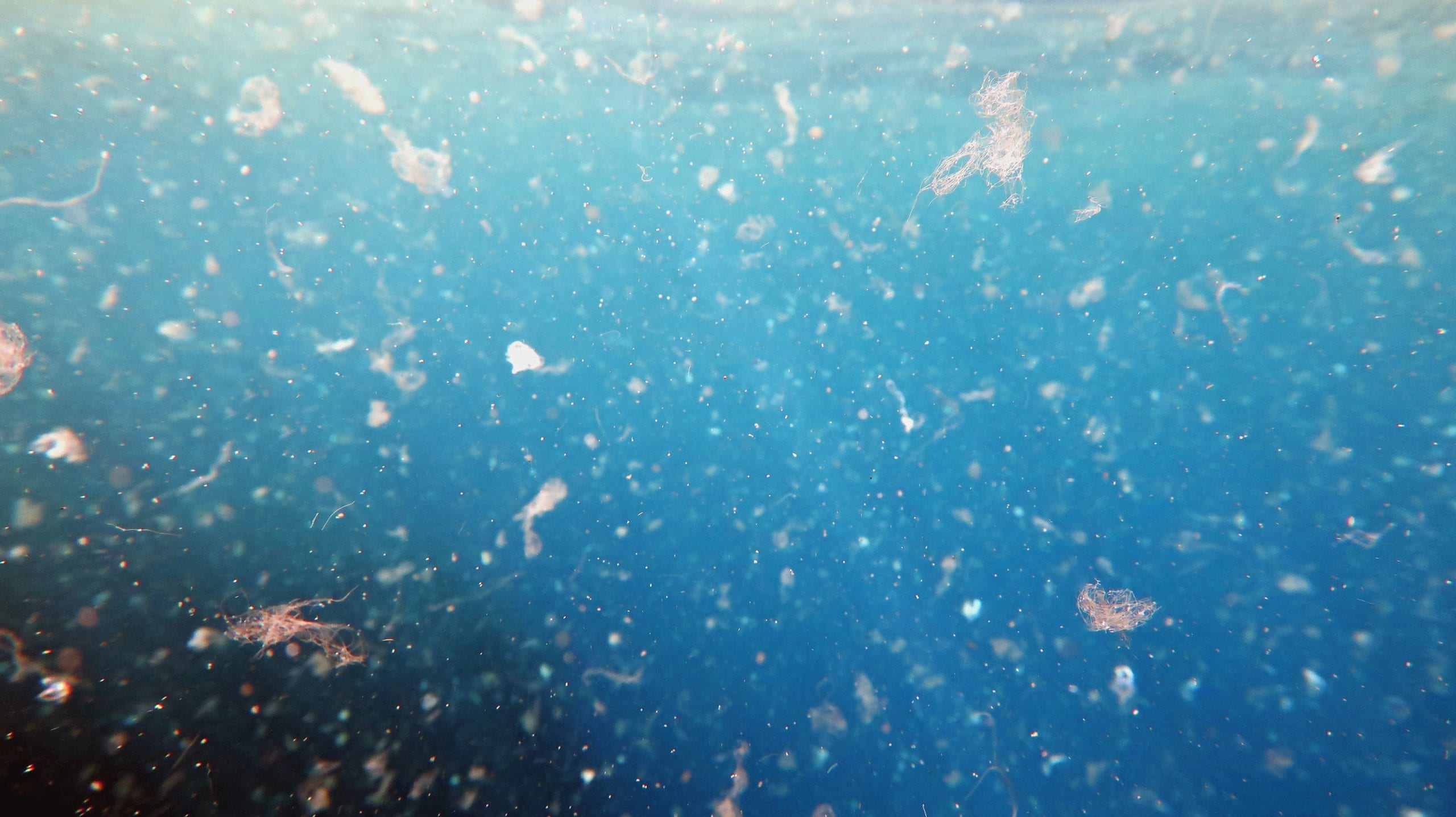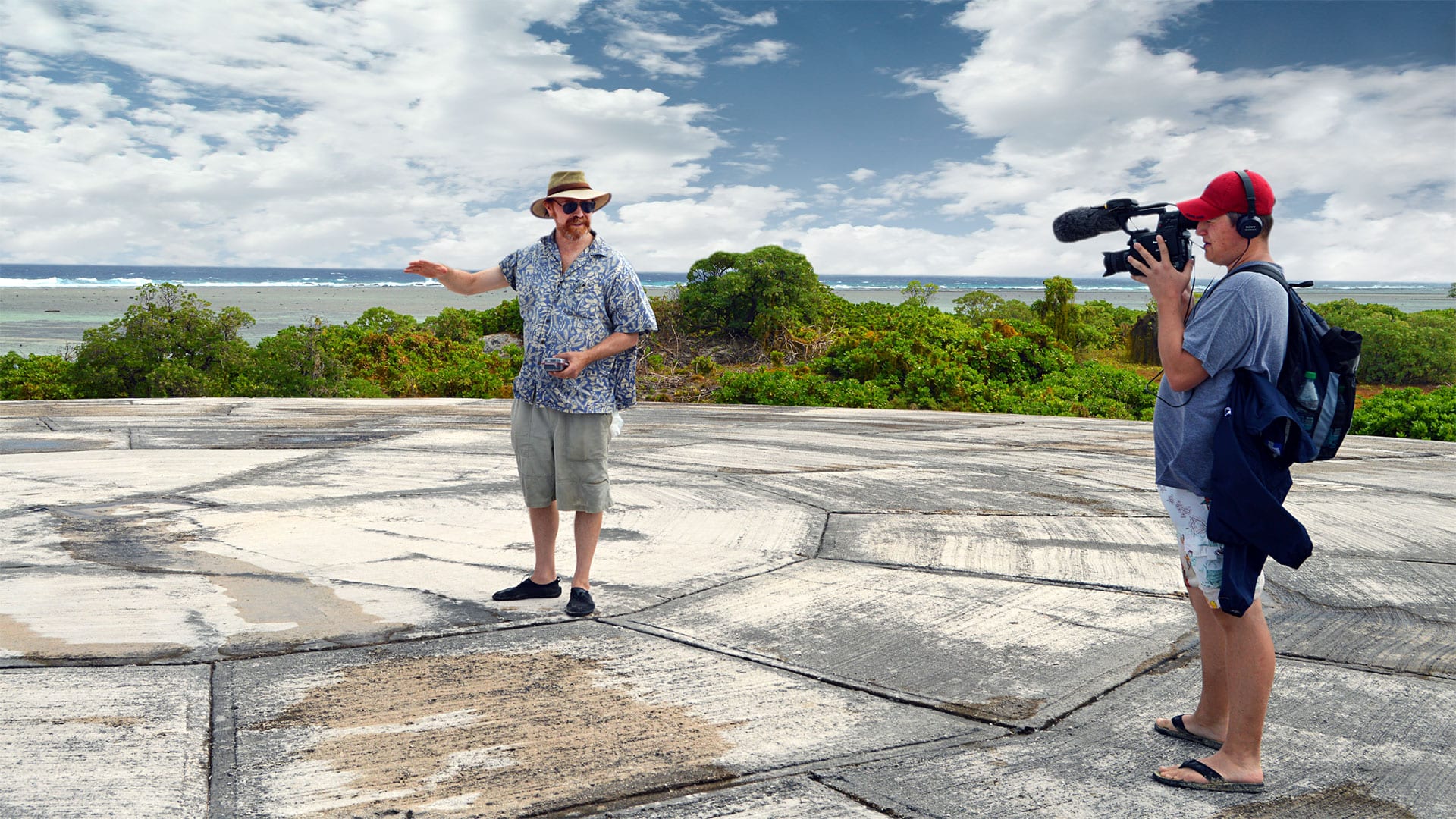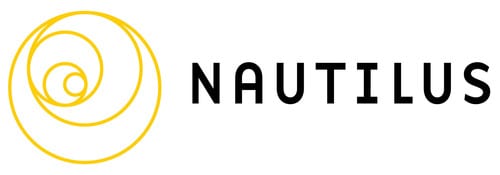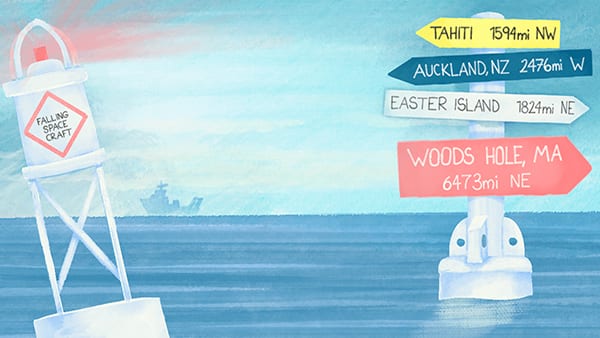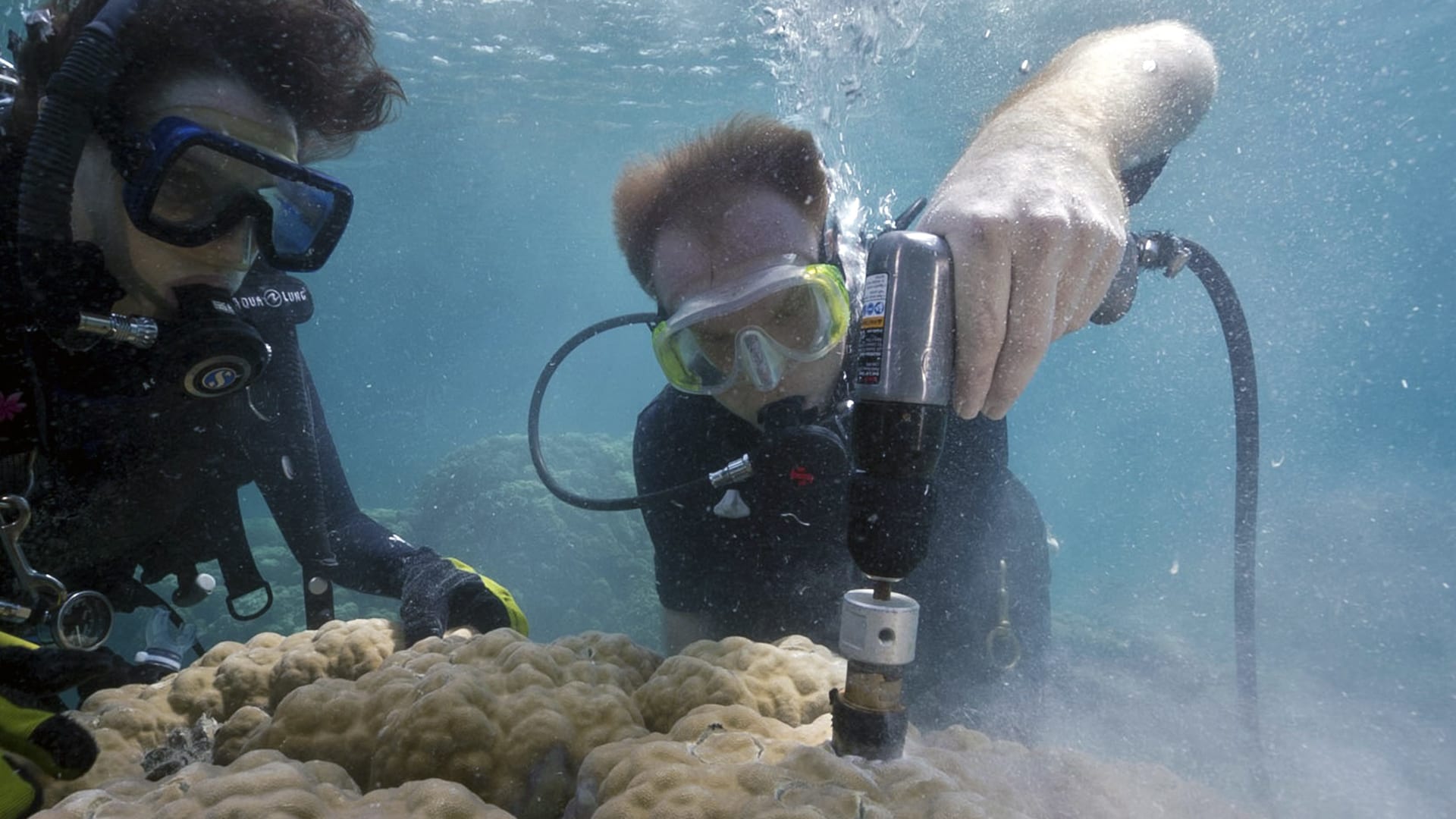Marine Chemistry & Geochemistry
Wave Glider provides gateway to remote exploration
WHOI geochemist Chris German pairs an autonomous surface vehicle (ASV) called a Wave Glider with other vehicles to expand research here and on other Ocean Worlds
Read MoreFinding answers in the ocean
The test being used to diagnose the novel coronavirus—and other pandemics like AIDS and SARS—was developed with the help of an enzyme isolated from a microbe found in marine hydrothermal vents as well as freshwater hot springs.
Read MoreMauritius oil spill: fears for island’s marine life after initial tests fail to resolve fuel mystery
Scientists from the Woods Hole Oceanographic Institution (WHOI) said the first ultra-high-resolution analysis of an oil sample from the Mauritius spill revealed the substance to be “a complex and unusual…
Read MoreFirst Detailed Oil Sample Analysis Completed from Mauritius Oil Spill
When the Japanese bulk carrier MV Wakashio struck a coral reef off the coast of Mauritius on July 25, 2020, and began leaking fuel oil two weeks later, local residents and the international community sprang into action to protect the pristine habitats that fringe the Indian Ocean nation.
Read MoreNew multi-institutional grant will support a fleet of robotic floats
The National Science Foundation approved a $53 million grant to build a global network of chemical and biological sensors that will monitor ocean health.
Read MoreWHOI establishes new fund to accelerate microplastics innovation
With the backing of a handful of family foundations, WHOI is launching a Marine Microplastics Innovation Accelerator to help answer some of the most pressing—and foundational—questions about marine microplastics and their impacts
Read MoreShould Japan dump radioactive water from Fukushima into the ocean?
Around 1.2 million tonnes of water contaminated by radioactive substances from the 2011 Fukushima nuclear disaster will be dumped in the Pacific Ocean, as part of a plan expected to be approved by the Japanese government within weeks.
Read MorePutting the ‘nuclear coffin’ in perspective
WHOI chemist and marine radioactivity expert shares his thoughts about radioactivity waste leaking from Runit Dome—a bomb crater filled with radioactive soil in the Marshall Islands that is now being penetrated by rising sea levels
Read MoreMove Over, Mars: The Search for Life on Saturn’s Largest Moon
“The great thing about hydrothermal vents is that they provide a lot of energy sources for microbial life that doesn’t include sunlight,” says Julie Huber, a marine chemist at WHOI.
Read MoreLooks Like Japan Is Going Ahead With Plan to Dump Radioactive Fukushima Water Into the Ocean
A study from WHOI warned of the possibility that other potentially hazardous contaminants in the wastewater could be released into the Pacific.
Read MoreLooks Like Japan Is Going Ahead With Plan to Dump Radioactive Fukushima Water Into the Ocean
A WHOI study published in August, warned of the possibility that other potentially hazardous contaminants in the wastewater could still be released into the Pacific Ocean.
Read MoreTenacious citizens take on the plastics industry over an insidious pollutant
Evidence of pellet pollution has been piling up for decades. R. Jude Wilber of the Woods Hole Oceanographic Institution returned to the area and found that pellet concentrations had nearly…
Read MoreMicroplastics & The Textile Industry
The study of marine microplastics is not new. Woods Hole Oceanographic Institution (WHOI) has been conducting research and publishing on this subject since the 1970s. Other organizations have been active…
Read MoreStarting Oct. 1, foam containers for carryout food will be banned throughout Maryland. Not everyone is happy
As the first state in the country to ban foam food containers, Maryland will be a “very good case study,” said Chris Reddy, a scientist at Woods Hole Oceanographic Institution…
Read MoreMining ancient dust from the ocean’s loneliest spot
Researchers investigate dust from the ocean’s farthest point from land to reconstruct the climactic history of the Southern Hemisphere, and understand how micronutrients have influenced biological productivity in this oceanic desert.
Read MoreThe $500 Billion Question: What’s the Value of Studying the Ocean’s Biological Carbon Pump?
A new paper published in the journal Science of the Total Environment from the Woods Hole Oceanographic Institution (WHOI) puts an economic value on the benefit of research to improve knowledge of the biological…
Read MoreWhat did we learn from the Deepwater Horizon disaster?
All existing tests on the efficacy of dispersants had been conducted on the surface of water, says Elizabeth Kujawinski, a chemical oceanographer at WHOI. There was no guarantee that they…
Read MoreEcology Research: Ocean acidification causing coral ‘osteoporosis’ on iconic reefs
New research by scientists at the Woods Hole Oceanographic Institution reveals the distinct impact ocean acidification is having on coral growth on some of the world’s iconic reefs.
Read MoreNew Sensor to Monitor Microplastics in Cape Cod Canal
An ocean technology company installed a particle sensor Tuesday in the Cape Cod Canal to monitor plankton and potential microplastics.
Read MoreDisentangling influences on coral health
In a new study, Weifu Guo of WHOI and his colleagues have compiled records of existing and new skeletal growth of a stony, long-lived coral genus known as Porites to disentangle the competing effects.
Read MoreCoral develops ‘osteoporosis’ because of acidic oceans caused by climate change, study reveals
Scientists from the Woods Hole Oceanographic Institution (WHOI) found significant reduction in the density of coral skeleton along much of the Great Barrier Reef, the world’s largest coral reef system, and…
Read MoreOcean acidification causing coral ‘osteoporosis’ on iconic reefs
Scientists have long suspected that ocean acidification is affecting corals’ ability to build their skeletons, but it has been challenging to isolate its effect from that of simultaneous warming ocean…
Read MoreOcean acidification causing coral ‘osteoporosis’ on iconic reefs
Scientists have long suspected that ocean acidification is affecting corals’ ability to build their skeletons, but it has been challenging to isolate its effect from that of simultaneous warming ocean…
Read MoreRadioactive liquid effluent releases at San Onofre: how worried should we be?
After dozens of inquiries from concerned community members and panicked parents about the actual risk and health impacts, we think it’s time we should all educate ourselves about this confusing…
Read More
